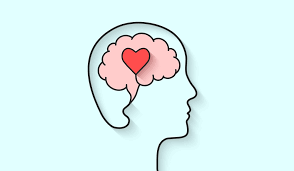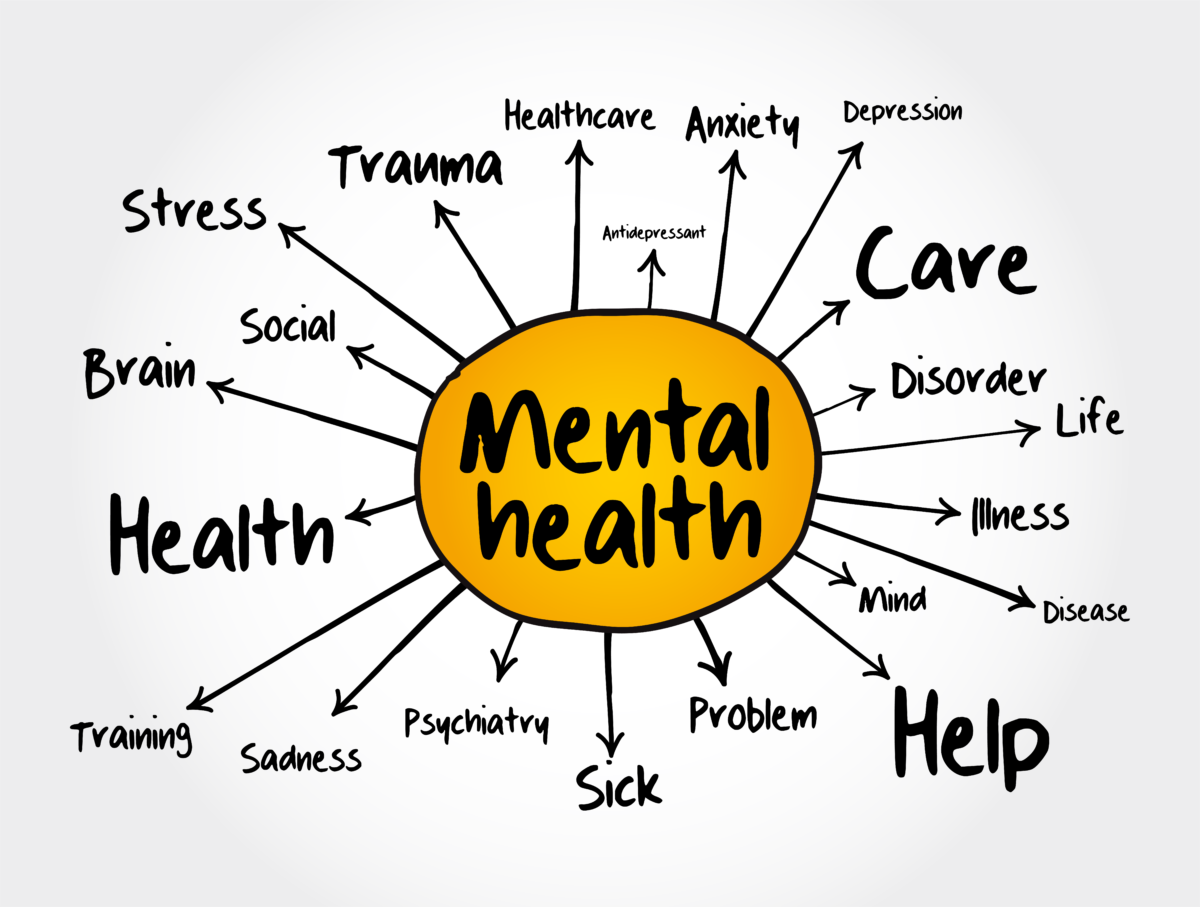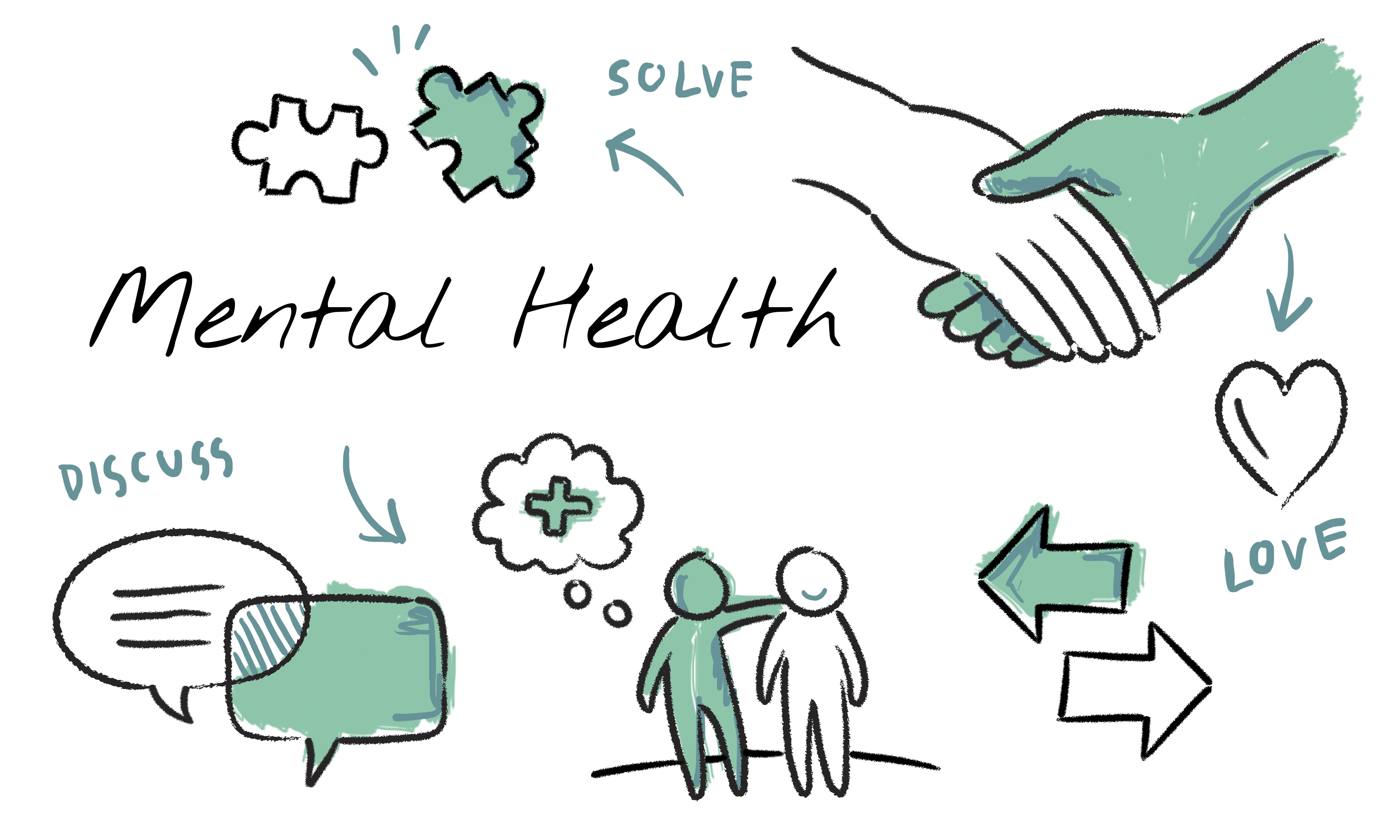
Navigating the Labyrinth of Anxiety: Strategies for a Balanced Mind
Anxiety, a common yet often misunderstood mental health challenge, can feel like a labyrinth, a maze of thoughts and emotions that can be overwhelming to navigate. However, armed with the right knowledge and strategies, it’s possible to find your way out and achieve a balanced state of mind. In this blog post, we’ll delve into the intricacies of anxiety, explore its impact, and provide practical strategies to help you regain control and find peace within.
Understanding Anxiety: Unveiling the Labyrinth
Anxiety is a natural response to stress, alerting us to potential threats and preparing our bodies to respond. However, when anxiety becomes chronic or disproportionate to the situation at hand, it can lead to a labyrinth of negative thought patterns, physical symptoms, and emotional turmoil.
Science tells us that anxiety is deeply intertwined with our brain’s fight-or-flight response, triggering the release of stress hormones like cortisol and adrenaline. Over time, prolonged exposure to these hormones can take a toll on both our mental and physical well-being. Common symptoms of anxiety can include racing thoughts, restlessness, increased heart rate, sweating, and even panic attacks.
Strategies for Navigating the Labyrinth: Finding Balance
- Mindfulness and Grounding Techniques: Mindfulness involves being present in the moment without judgment. Engaging in mindfulness exercises, such as deep breathing, meditation, or grounding techniques, can help you redirect your focus away from anxious thoughts and into the here and now.
- Cognitive Behavioral Therapy (CBT): CBT is a proven therapeutic approach that aims to identify and challenge negative thought patterns. By recognizing irrational or distorted thoughts and replacing them with more rational ones, you can gradually rewire your brain to respond differently to anxiety triggers.
- Physical Activity and Nutrition: Regular exercise releases endorphins, which are natural mood lifters. Additionally, maintaining a balanced diet rich in nutrients can positively impact your brain chemistry, contributing to a more stable emotional state.
- Stress Management and Relaxation Techniques: Engaging in activities like yoga, progressive muscle relaxation, or journaling can help reduce stress and promote a sense of calm.
- Seeking Professional Support: If anxiety significantly interferes with your daily life, seeking help from a mental health professional is essential. They can provide personalized strategies and, if necessary, medication options to manage your symptoms effectively.
Personal Stories: Triumphing Over Anxiety
Real-life stories of individuals who have triumphed over anxiety can offer hope and inspiration. Many have shared their journeys of transformation, highlighting the power of resilience, self-compassion, and seeking support. These stories remind us that while the labyrinth of anxiety may seem daunting, it is navigable with the right tools and mindset.
The Path to Peace: Embracing a Balanced Mind
Remember, navigating the labyrinth of anxiety is a journey, not a race. Embracing self-compassion and patience is key as you implement these strategies. While complete elimination of anxiety might not be feasible, learning to manage and coexist with it is achievable. By prioritizing your mental well-being and practicing these strategies consistently, you can pave the way for a more balanced and fulfilling life.
In conclusion, the labyrinth of anxiety is complex, but it’s navigable. Armed with knowledge, support, and a toolkit of strategies, you can find your way to a balanced mind. As you embark on this journey, remember that you are not alone, and there is light at the end of the tunnel—a life where anxiety does not control you, but rather, you control it.


